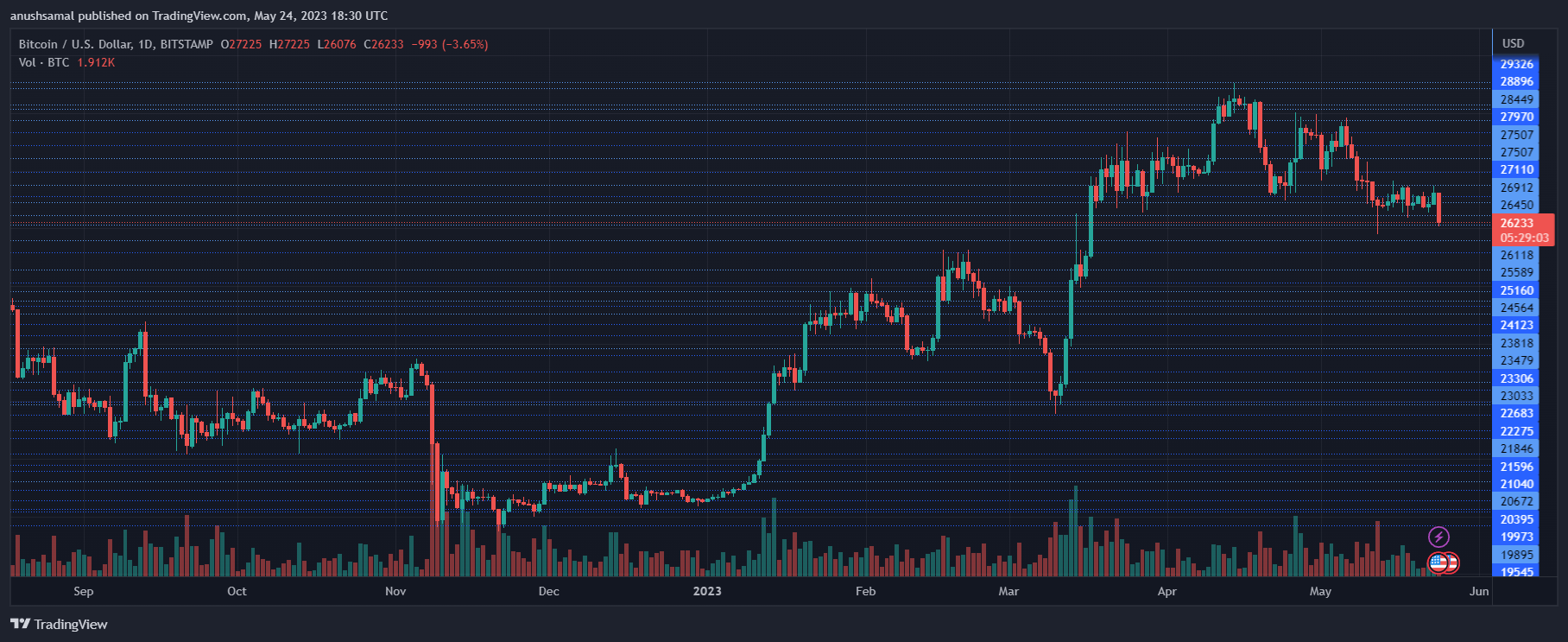In a press release on Tuesday evening, the US Attorney’s Office announced its initiation of a civil forfeiture action to reclaim cryptocurrency proceeds related to a business email compromise (BEC) fraud scheme. The scheme specifically targeted a Massachusetts-based company.
The government focuses on seizing crypto assets from seven accounts held at Binance, a popular cryptocurrency exchange.
Over the past few years, the United States has experienced a notable increase in crypto-related phishing scams. These fraudulent activities have become significant national concerns for individuals, businesses, and law enforcement agencies.
In addition to crypto-related phishing scams, another alarming trend has emerged: pig butchering schemes. These schemes primarily target individuals or businesses involved in the livestock industry, particularly pig farming.
Investigators were alerted to the BEC fraud incident in March 2022, triggered by an elaborate scheme that manipulated the Massachusetts company through a fraudulent email.
As a result, the unsuspecting company transferred a substantial sum of almost $900,000 to a bank account situated in California.
Funds Were Redirected To The Crypto Exchange
In its ongoing effort, the government aims to seize and forfeit cryptocurrency confiscated from several accounts held at Binance. These accounts encompass a range of digital assets, including Bitcoin (BTC), Tether (USDT), APE (ApeCoin), JASMY (an ERC-20 token), OGN (Origin Protocol), SHIB (Shiba Inu), XEC (eCash), TLM, and BNB (Binance coin).
The scammers employed effective tactics, deceiving the company into transferring a significant amount from their local bank account to another account. After the funds were wired from the victimized company, they were routed through an additional bank account before being converted to Bitcoin on a cryptocurrency exchange.
Subsequently, the Bitcoin was transferred through various crypto addresses, aligning with techniques commonly observed in money laundering transactions, as stated in the press release. In due course, a fraction of the funds went to Binance, a prominent cryptocurrency exchange.
However, in a notable turn of events, authorities successfully seized these funds from Binance in August and September 2022. To complicate the tracing of funds, the money was routed through numerous intermediary wallet addresses, adhering to a pattern frequently observed in money laundering transactions.
This strategy aimed to obscure the trail of the funds, making it more challenging for investigators to track their origin and destination. Engaging in wire communications as part of a fraudulent scheme to obtain money or property is considered a violation under federal law.
The complaint presented by the US Attorney’s Office firmly asserts that the seized cryptocurrency represents the ill-gotten proceeds from the wire fraud and serves as evidence of property involved in money laundering.
This emphasizes the gravity of the charges against the individuals involved in the scheme, as they face legal consequences for their actions.
In the context of a civil forfeiture action, it is necessary to address any claims made by third parties regarding the property. These claims must be examined and resolved before the property can be forfeited to the United States and returned to the victims.

by anushsamal via Bitcoinist.com
Comments
Post a Comment